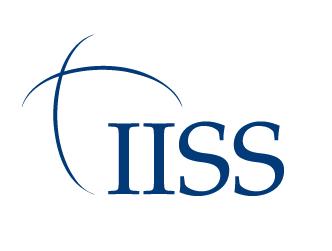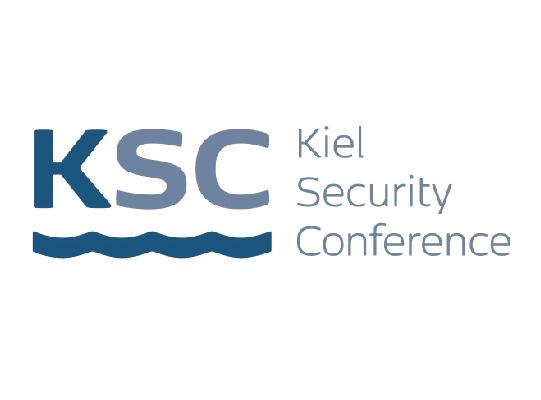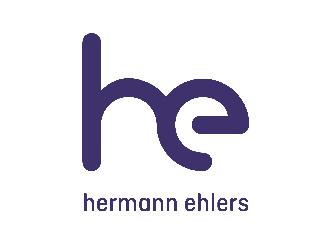Conferencia especializada
Detalles
The Kiel Security Conference provides a platform for dialogue among policy makers, military leaders, experts and civil societyrepresentatives on current security challenges, with a special focus on the Baltic Sea region. Russia’s war of aggression against
Ukraine remains the most significant challenge to Europe’s security architecture. At the same time, Russia and the ‘Axis of
Upheaval’ have widened measures of hybrid warfare across various domains, intensifying their strategic competition with the
Euro-Atlantic allies. Against the backdrop of major political changes in key states like the US and Germany, the EU, NATO and
the Baltic Sea littoral states must adapt to these new realities.
Programa
08:00 – 09:00 | Registration and Welcome Coffee
09:00 – 09:15 | Conference Opening and Welcome Remarks
Professor Dr Norbert Lammert
Chairman of Konrad-Adenauer-Stiftung
Dr Bastian Giegerich
Director-General and Chief Executive
The International Institute for Strategic Studies (IISS)
Dr Johann Wadephul, MP
Deputy Chairman of the CDU/CSU-Parliamentary Group,
German Bundestag
Chairman of Konrad-Adenauer-Stiftung
Dr Bastian Giegerich
Director-General and Chief Executive
The International Institute for Strategic Studies (IISS)
Dr Johann Wadephul, MP
Deputy Chairman of the CDU/CSU-Parliamentary Group,
German Bundestag
09:15 – 09:45 | High-level Keynote
09:45 – 11:00 | Panel I: ‘Zeitenwende’, at last? German Defence Policy under the New Government
More than three years have passed since former Chancellor Scholz delivered his famous ‘Zeitenwende’ speech in the Bundestag. While the term has gained international recognition, the practical changes have been widely criticized as insufficient. While Berlin increased military spending and provided Ukraine with crucial defence assistance, it has failed in taking a leading role in rebuilding Europe's security architecture. With a new government in office, the panel will assess how German defence policy should adapt to current and future threats and challenges.
11:00 – 11:30 | Coffee Break and Networking
11:30 – 12:45 | Panel II: Confronting Russia’s Threat
While continuing its aggression against Ukraine, Russia has increased its hybrid attacks across Europe with disinformation, espionage, sabotage and cyberattacks. Transforming into a war economy, Russia is expected to pose a serious threat for an attack on NATO territory before the end of this decade. This panel explores strategies to counter Russia's aggressive expansionism in Ukraine and beyond, and highlights how to build resilience and deter further aggression.
12:45 – 13:45 | Lunch Break
13:45 – 15:00 | Panel III: Responding to the ‘Axis of Upheaval’: Common Threats and Synergies in the Baltic Sea and Indo-Pacific
Enhanced cooperation between Russia, China, North Korea and Iran is increasingly evident around the globe. Both in the Indo-Pacific and in the Baltic Sea, the ‘Axis of Upheaval’ aims to reshape the rules-based international order. From threats to the freedom of navigation to disruptions of undersea infrastructure, the panellists will examine parallels between the two strategic theatres, and discuss coordinated responses to counter the growing challenges.
15:00 – 16:10 | Panel IV: Towards a Resilient European Defence Industrial Base?
Russia’s war against Ukraine has underscored the urgent need for Europe to strengthen its defence industrial capabilities and capacities. While the appointment of the first EU Commissioner for Defence marked an important step, major challenges persist. This panel reviews key obstacles to creating a more integrated and efficient European defence industrial base and explores potential solutions.






